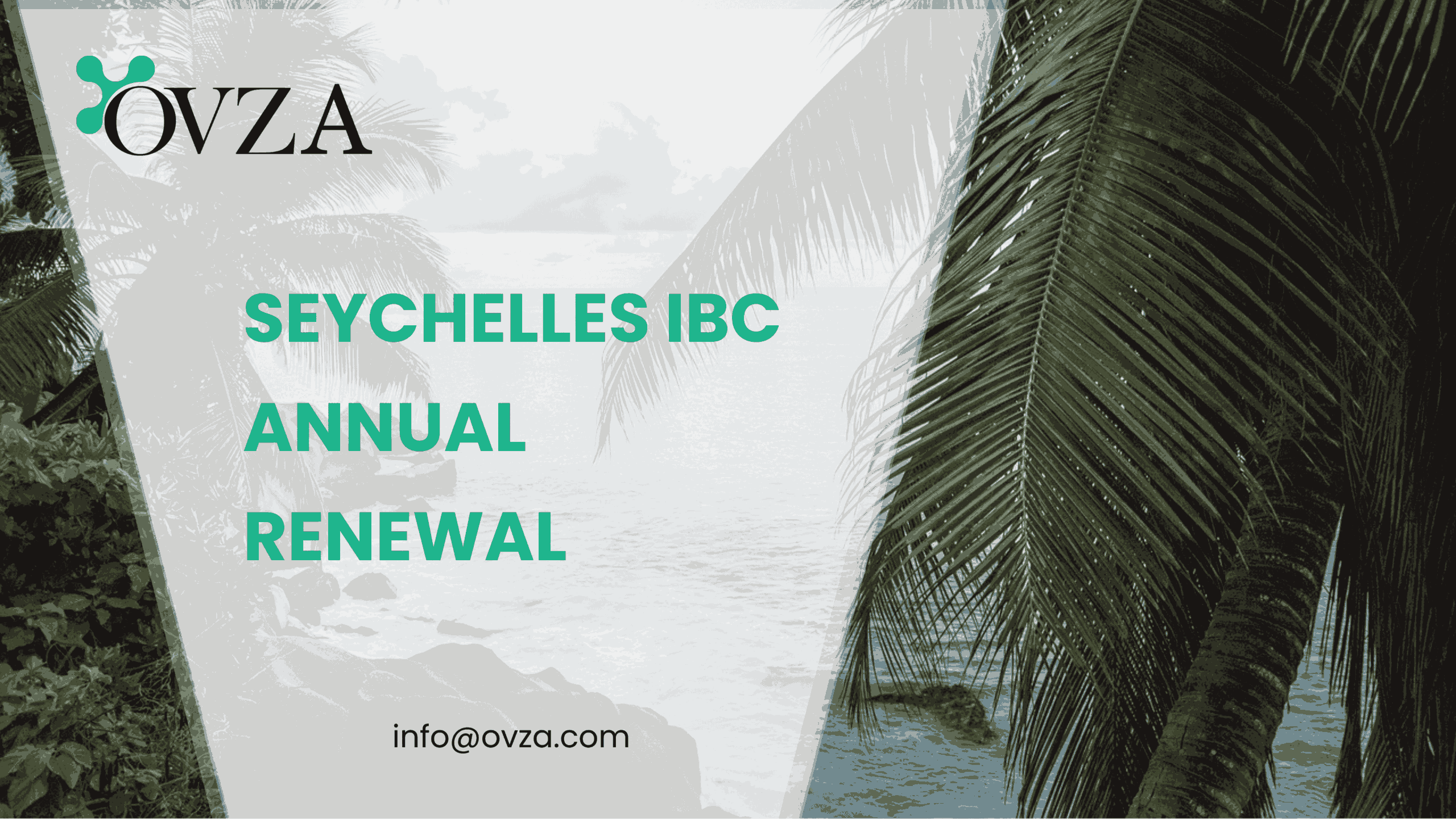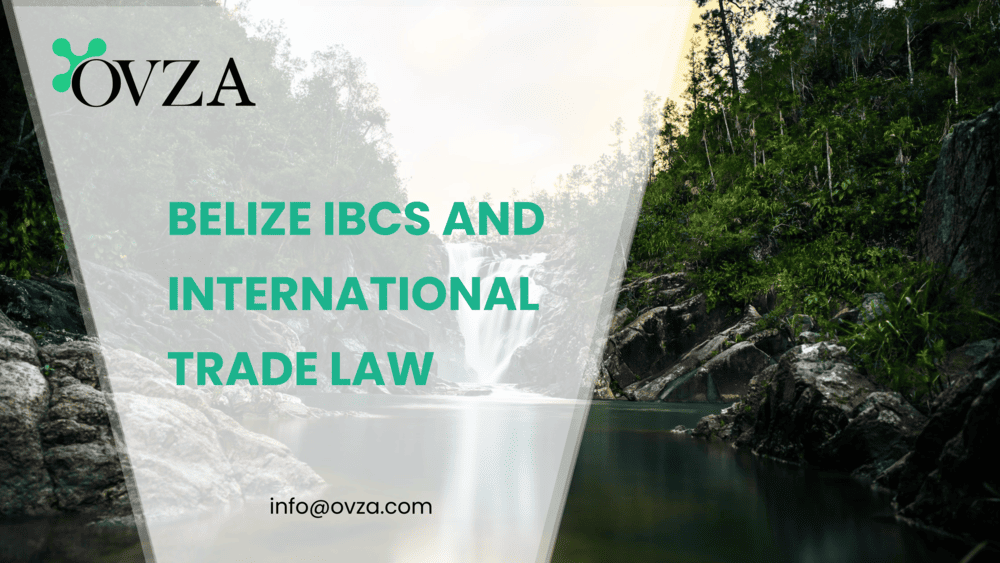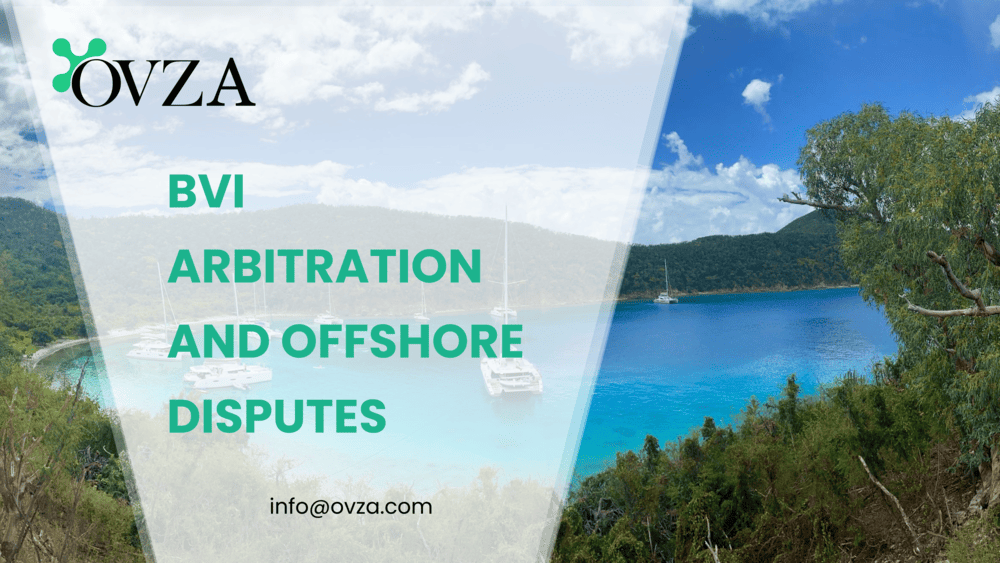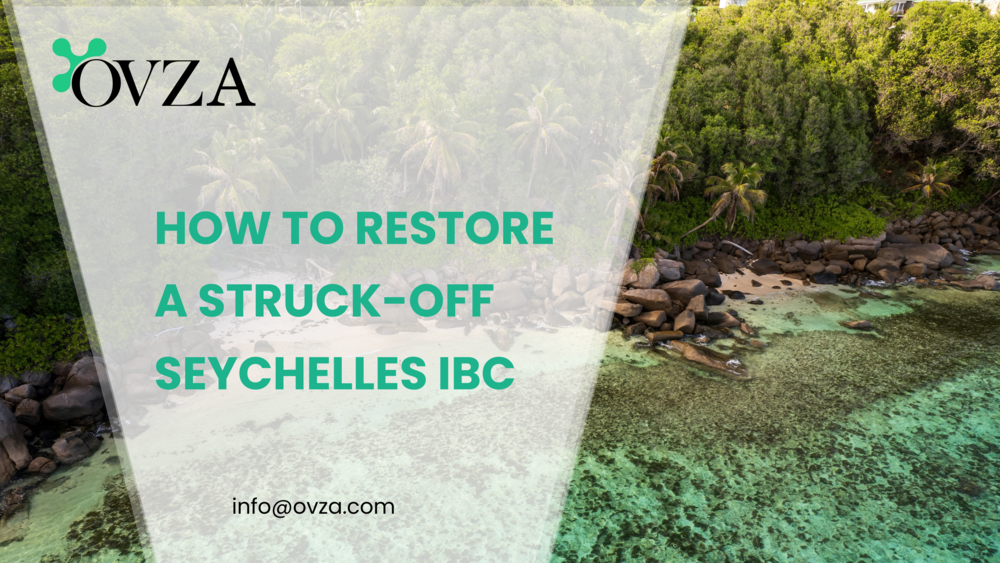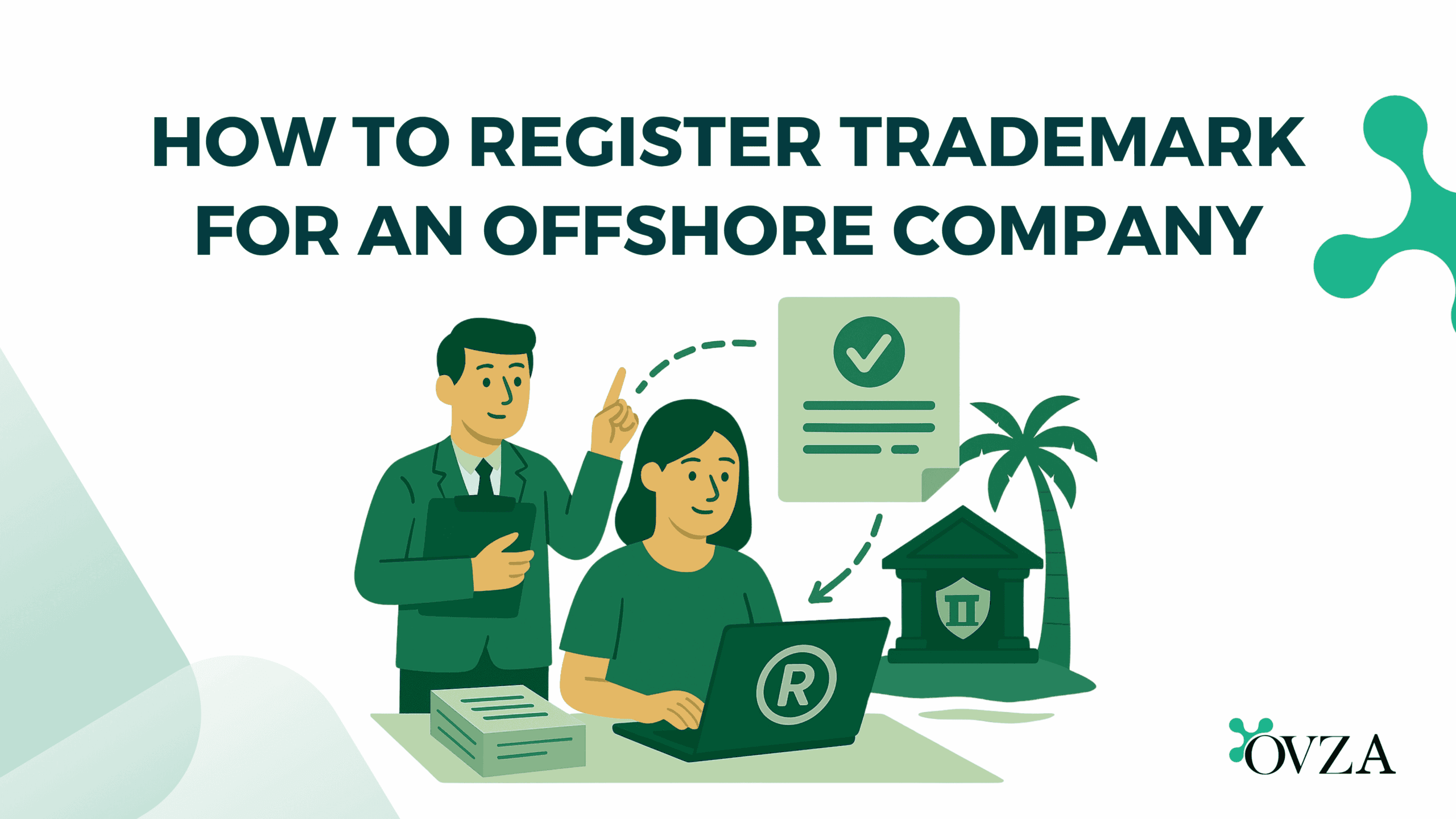Whether offshore companies can raise venture capital is a recurrent question in international legal and financial practice. The short answer is yes—but with important qualifications. Offshore vehicles are not only capable of receiving venture capital investment, they are often deliberately used to structure cross-border ownership, attract global investors, and optimize capital flows. Nonetheless, the permissibility and attractiveness of such structures depend on a series of legal, fiscal, and governance-related considerations that vary across jurisdictions.
The analysis must begin with an understanding that venture capital, as a class of institutional investment, demands legal certainty, enforceability of rights, and exit-friendly structures. Offshore companies that can meet these expectations—typically formed in jurisdictions such as the Cayman Islands, British Virgin Islands (BVI), or Seychelles—are frequently incorporated as parent entities precisely for this purpose.
Legal Viability of Raising Venture Capital Through Offshore Entities
In jurisdictions with investor-friendly legislation and common law underpinnings, offshore entities are routinely used in private equity and venture capital transactions. These vehicles often provide features such as:
- Flexible share class structures
- Tax neutrality (no corporate income tax or capital gains tax)
- Legal frameworks conducive to enforceable shareholders’ agreements and preferred share rights
The Cayman Islands Exempted Company, for instance, is expressly designed to serve international clients and is regularly chosen by U.S. and European venture funds. Similarly, BVI Business Companies provide cost-effective, regulation-light platforms for early-stage investments when paired with robust compliance support.
In these contexts, it is well-established that offshore companies can raise venture capital. However, they must be correctly structured to address due diligence concerns, know-your-customer (KYC) protocols, and anti-money laundering (AML) standards—particularly where the source of funds originates from regulated institutional sources.
What Is Venture Capital?
Venture capital refers to a class of private equity financing in which capital is provided to early-stage, high-growth potential companies in exchange for equity ownership. Typically structured as a series of staged investments, venture capital is used to finance the development, scaling, or commercialization of innovative business models, particularly in sectors such as technology, biotechnology, fintech, and digital services.
Venture capital firms generally establish dedicated investment funds, which pool capital from institutional investors, family offices, and high-net-worth individuals. These funds are professionally managed and deployed according to defined investment theses. In exchange for providing capital—often under high-risk conditions—venture capitalists receive preferred equity, board rights, information rights, and negotiated protections such as liquidation preferences and anti-dilution clauses.
Unlike conventional bank lending, venture capital is not secured by assets or guaranteed by cash flows. Rather, it is contingent on the company’s potential to achieve outsized returns through eventual public offering, acquisition, or other exit strategies. Accordingly, venture capital agreements are heavily negotiated and governed by detailed legal instruments, including term sheets, shareholders’ agreements, and subscription documents.
In cross-border or international structures, the ability to accommodate these instruments, and to ensure their enforceability, is central to a company’s ability to raise venture capital—whether incorporated onshore or offshore.
Offshore Ownership of U.S. Operating Entities
Offshore companies can directly receive venture funding – however, the more common structure in venture-backed deals involves a two-tier setup: the offshore entity functions as a parent holding company, and the Delaware C-Corp (or occasionally an LLC) serves as the operating company in the United States.
This model is widely accepted by VC firms because it allows the following:
- The offshore parent can facilitate foreign shareholding and investment pooling.
- The U.S. subsidiary (e.g., Delaware C-Corp) can hold intellectual property, hire staff, and generate operational revenue.
- The corporate structure aligns with U.S. securities laws, enabling participation in future financing rounds, employee stock option plans (ESOPs), and public listing pathways.
This arrangement is especially prevalent among founders from Asia, the Middle East, or Latin America, who wish to retain a neutral international base while expanding into the U.S. market. By placing the offshore company at the apex of the group structure, entrepreneurs can isolate intellectual property, distribute dividends tax-efficiently, and negotiate cross-border licensing or M&A transactions with clarity.
While the Delaware C-Corp remains the gold standard for receiving institutional investment within the U.S., having an offshore parent company is not viewed as a disqualifying factor—so long as the offshore entity is domiciled in a jurisdiction that meets investor standards and regulatory compatibility.
Jurisdictional Credibility and Investor Acceptance
It is important to distinguish between legally permissible structures and market-acceptable ones. Even though most jurisdictions allow offshore companies to receive equity investments, investor confidence is not evenly distributed. Structures based in jurisdictions like Nevis, Seychelles, or Belize may face heightened scrutiny or outright rejection from VC firms unfamiliar with local statutes or concerned about enforceability in the event of a dispute.
By contrast, Cayman Islands and BVI are not only legally valid for venture capital but widely used in global fundraising rounds. According to industry data, a significant portion of Asia-based venture capital deals use Cayman as the top-holding entity, with shares in the offshore parent allocated to institutional investors, accelerators, and founders via SAFEs, convertible notes, or Series A instruments.
In short, the legal and practical landscape shows that offshore companies can raise venture capital, and in many cases, they are built specifically for that purpose. What remains essential is that the offshore entity is domiciled in a jurisdiction that aligns with international investor expectations, and that the structure is accompanied by high-quality legal documentation and transparent governance.
Legal Instruments Used in Venture Capital for Offshore Companies
Following the establishment of a properly structured offshore entity, the question shifts from theoretical permissibility to the mechanics of capital deployment. Offshore companies, particularly those established in jurisdictions such as the Cayman Islands or the British Virgin Islands, are well-positioned to issue a range of investment instruments that meet the expectations of venture capital firms. Among the most widely accepted instruments are simple agreements for future equity (SAFEs), convertible loan notes, and preferred share issuances.
A SAFE, while originally developed for the U.S. market, has been adapted for use in offshore jurisdictions. An offshore company may enter into SAFEs governed by either New York or English law, with the agreements structured to mirror U.S. market standards. The appeal lies in their simplicity and the deferral of valuation negotiations, allowing startups to receive early-stage funding without immediate equity dilution.
Convertible notes are similarly commonplace. These instruments enable investors to lend capital to the offshore company with the expectation that the loan will convert into equity at a future date, typically upon the closing of a qualified financing round. Offshore statutes, particularly in the Cayman Islands, provide the necessary flexibility to issue debt with conversion mechanics, making them functionally equivalent to onshore convertible securities.
Preferred shares, a staple of venture investing, are also fully supported under offshore company law. Companies can create multiple share classes, each with bespoke rights concerning voting, liquidation, conversion, and anti-dilution protections. This flexibility is one of the core reasons venture capitalists continue to accept—if not prefer—offshore entities as fundraising vehicles. The underlying contracts are usually governed by common law jurisdictions, ensuring enforceability and predictability in the event of a dispute.
In practice, it is not the offshore nature of the company that matters most, but rather the quality of its legal documentation, the credibility of its governance structure, and the alignment with investor expectations. A well-structured offshore company venture capital arrangement relies on enforceable legal instruments and investor confidence in the entity’s jurisdiction.
The Real Role of Offshore Companies in Venture Capital Group Structures
Although offshore companies can receive direct investment, their most common role in venture capital structures is as holding entities. Rather than functioning as operating companies, these offshore entities typically own 100 percent of the shares in a local or onshore subsidiary, which conducts the actual business activities. This two-tier structure has become standard in cross-border technology and venture financing.
For example, a Cayman Islands holding company may be established to issue shares to investors, enter into convertible note agreements, and sign shareholder agreements. Meanwhile, a Delaware C-Corp functions as the U.S. operating company, holding intellectual property, employing staff, and managing customer contracts. Investors receive shares in the Cayman parent, while the day-to-day business is managed from the U.S. or another local market.
This model offers greater flexibility in equity issuance, streamlines future mergers and acquisitions, and often enables tax efficiencies that would not be available if the investment were made directly into the onshore entity. From a legal and strategic perspective, this configuration is highly favorable for structuring offshore company venture capital arrangements.
By serving as neutral, tax-efficient holding companies, offshore entities enable founders and investors from multiple jurisdictions to participate in a unified structure. As long as the offshore company maintains sound corporate governance and adheres to international compliance standards, it remains fully eligible to attract institutional capital. As such, the use of an offshore company in venture capital transactions is no longer exceptional—it is increasingly the norm.
Conclusion
Offshore companies can and do raise venture capital, provided that the jurisdiction, legal structure, and documentation align with the expectations of institutional investors. While not all offshore jurisdictions are viewed equally, those with established legal frameworks—such as the Cayman Islands and the BVI—are routinely used in cross-border venture financing. The key is ensuring that the offshore company venture capital strategy is built on enforceable rights, transparent ownership, and jurisdictional credibility. When these conditions are met, offshore companies continue to serve as highly effective vehicles for modern venture capital transactions.
Disclaimer: The information provided on this website is intended for general reference and educational purposes only. While OVZA makes every effort to ensure accuracy and timeliness, the content should not be considered legal, financial, or tax advice.




